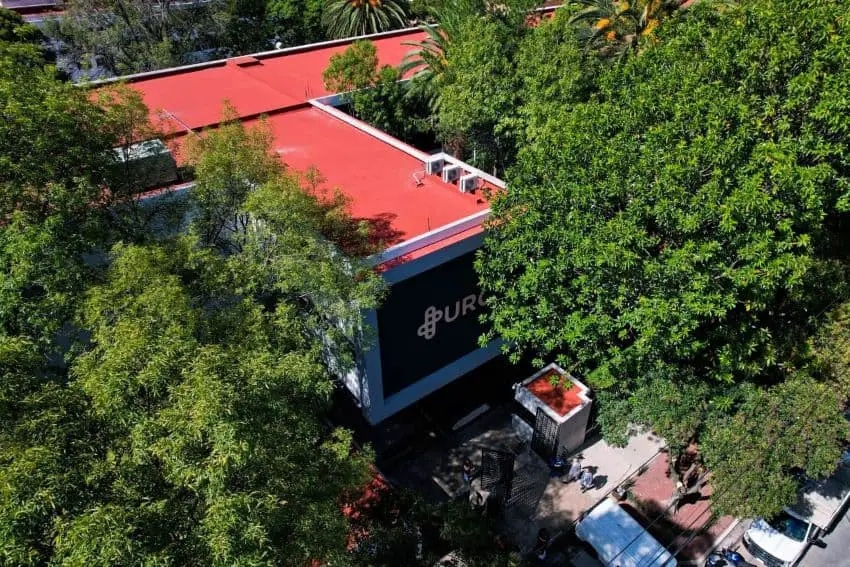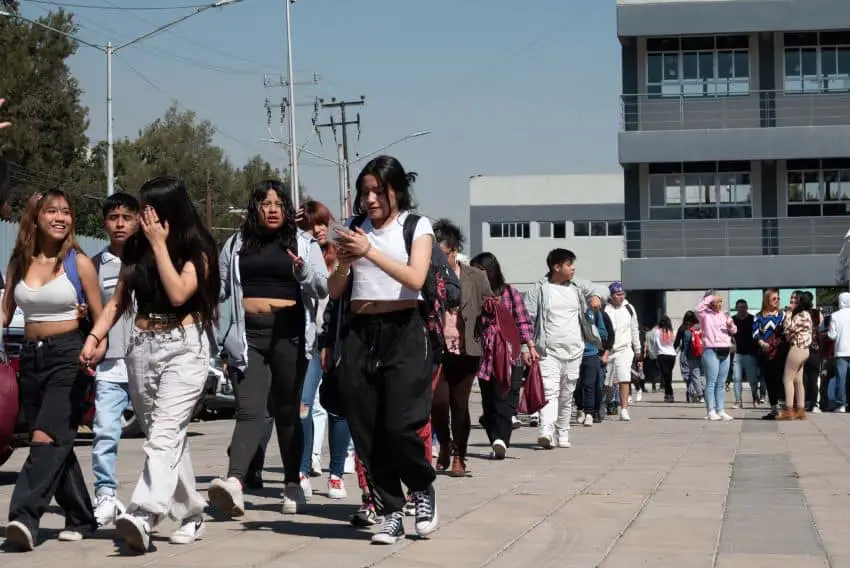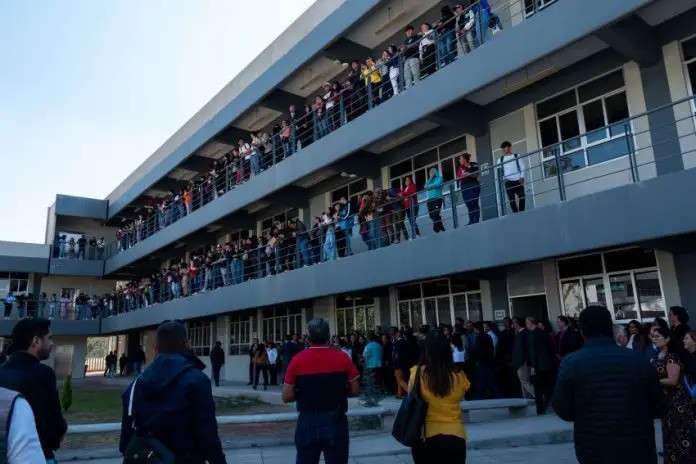President Claudia Sheinbaum has signed a decree to elevate the Rosario Castellanos University (URC) in Mexico City to a nationwide higher education institution starting next year.
Officially known as the Rosario Castellanos Institute of Higher Education of Mexico City, the university began operations in 2019 during Sheinbaum’s term as the head of the Mexico City government. It currently offers undergraduate, graduate and post-graduate degrees at no cost to students.

The new decree will transform the institution into the Rosario Castellanos National University, and seeks to establish campuses in cities surrounding the federal government’s priority development poles, known as Poles of Wellbeing. These include the northern border zone, el Bajío and the Gulf of California, among others.
The first campus outside of Mexico City will be in Comitán, Chiapas, the birthplace of Rosario Castellanos (1925-1974), a prominent thinker, poet, writer and diplomat after whom the university is named.
“We’re working closely with state governments to start lessons in the first semester of 2025,” the head of Mexico’s Sciences, Humanities, Technology and Innovation Ministry (Conahcyt), Rosaura Ruiz, said during Sheinbaum’s morning press conference on Monday.
Ruiz explained that Conahcyt will request temporary facilities from state governments while the university’s permanent facilities are under construction.

The head of Conahcyt also announced that the next city to get a Rosario Castellanos University will be Tijuana, Baja California. Puebla, Yucatán and Sonora are likely to follow suit.
As in Mexico City, the university’s additional campuses will allow students to complete their studies while following a hybrid program, online or on-site.
Currently, the university has 55,000 enrolled students across six campuses in Mexico City, in addition to 6,000 graduate students. It offers 23 bachelor’s degrees, five specialties, seven master’s degrees and three doctorates.
Today, Mexico has approximately 4 million people enrolled in college, compared to the 1.9 million it reported in 2000. Still, Mexico’s percentage of students enrolled in higher education, at 38%, lags behind other Latin American countries like Brazil (50%) and Argentina (89%).
States showing the largest gaps in access to higher education include Chiapas and Oaxaca.
Sheinbaum’s government seeks to extend the educational offer to 300,000 students across the country through the Rosario Castellanos National University, as well as the University of Health, the Benito Juárez University, the National Technological Institute of Mexico (TecNM) and state universities.
With reports from Forbes
